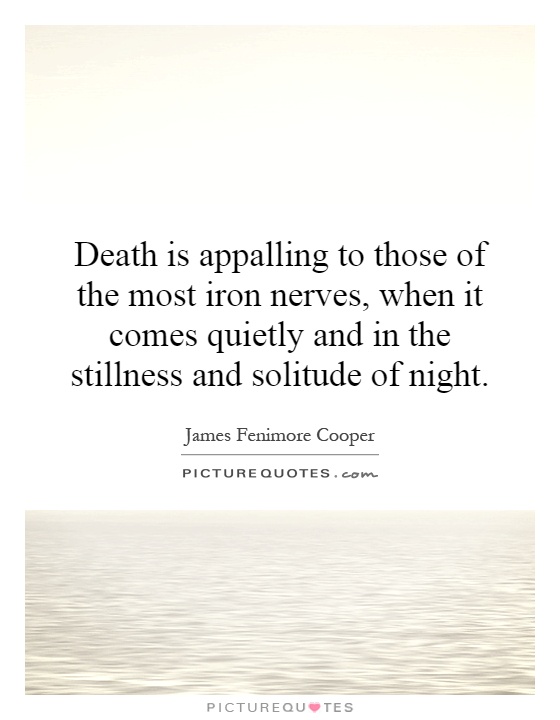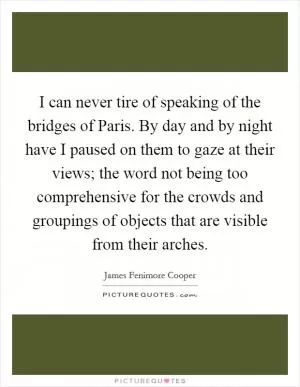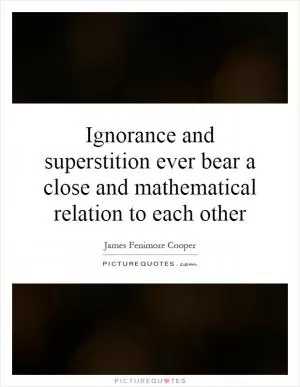Death is appalling to those of the most iron nerves, when it comes quietly and in the stillness and solitude of night

Death is appalling to those of the most iron nerves, when it comes quietly and in the stillness and solitude of night
James Fenimore Cooper, a renowned American writer known for his frontier novels, often explored themes of death and mortality in his works. In his writing, death is portrayed as a powerful force that can strike fear even in the bravest of individuals. The quote “Death is appalling to those of the most iron nerves, when it comes quietly and in the stillness and solitude of night” encapsulates this idea perfectly.In many of Cooper’s novels, death is a constant presence, lurking in the shadows and waiting to claim its victims. Whether it be through violent encounters with Native Americans or the harsh realities of life on the frontier, death is always a looming threat. However, it is not always the dramatic deaths that are the most terrifying. In fact, it is often the quiet, unexpected deaths that are the most unsettling.
When death comes quietly and in the stillness and solitude of night, it is a stark reminder of the fragility of life. In these moments, even the most fearless individuals are forced to confront their own mortality. The darkness of night amplifies the sense of isolation and vulnerability, making death all the more terrifying.
Cooper’s characters often grapple with the fear of death, struggling to come to terms with the inevitability of their own demise. Whether it be Natty Bumppo facing the harsh realities of the wilderness in “The Last of the Mohicans” or the settlers in “The Prairie” confronting the dangers of the unknown, death is a constant presence that cannot be ignored.












 Friendship Quotes
Friendship Quotes Love Quotes
Love Quotes Life Quotes
Life Quotes Funny Quotes
Funny Quotes Motivational Quotes
Motivational Quotes Inspirational Quotes
Inspirational Quotes